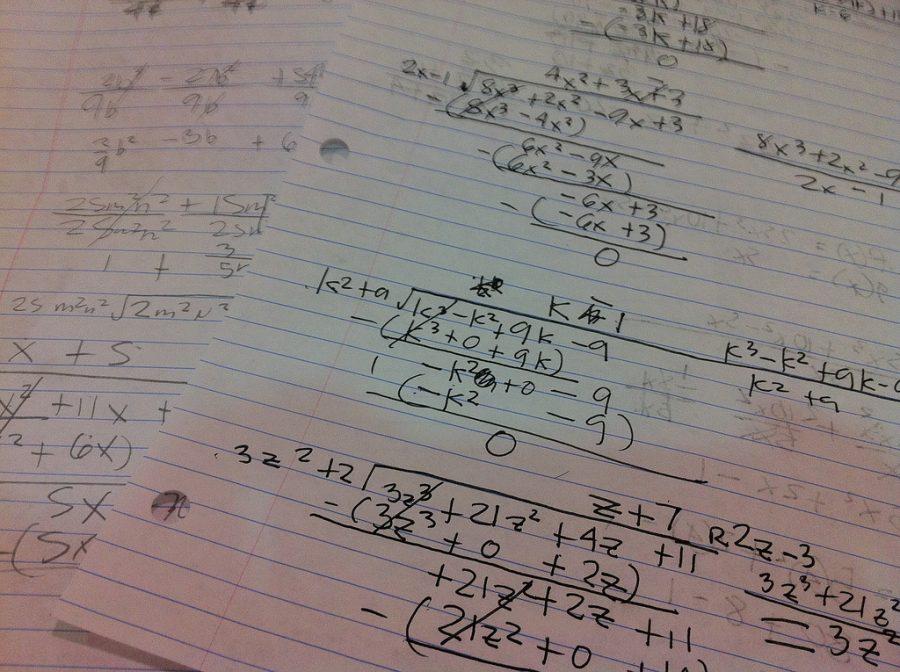Homework at RHS
December 16, 2016
For most, 2:30 p.m. marks the end of the working day at RHS, but for freshman Aidan Phillips, it’s time to go to extra-curricular activities, like marching band or the musical. After extra-curriculars, there is still more to be done; as soon as Phillips arrives home, he remembers that he also has homework to deal with.
Senior Raven Young thinks that homework is not a necessary part of school.
“I don’t really think homework is necessary,” Young said. “We spend enough time in school and we don’t really need it.”
Sophomore Kaitie Rubisill has a similar stance to Young, in terms that students don’t need more things to do after school.
“I think homework is totally unnecessary,” Rubisill said. “We learn enough in the day to make it unnecessary.”
Phillips discusses how homework amounts should determined in class and for each student.
“It really depends on what class you’re taking. For instance, I take French, I don’t think that a ton of homework is necessary for me,” said Phillips. “But in algebra, I think a little more practice wouldn’t hurt. So I would have to say it depends on the class and the student when it comes to how much homework a student should get.”
Phillips adds on by saying how his extracurricular activities impacted his time budget for homework.
“I used to have after school activities earlier in the year, but that’s changed,” said Phillips. “If I still had that schedule though, my after school activities would be taking up a ton of time that I need to spend on homework.”
Alfie Kohn, an American author and outspoken critic on education and parenting, states in his article, Rethinking Homework, how homework can actually harm students.
“‘Most of what homework is doing is driving kids away from learning,’” says education professor Harvey Daniels. Let’s face it: Most children dread homework, or at best see it as something to be gotten through. Thus, even if it did provide other benefits, they would have to be weighed against its likely effect on kids’ love of learning,” writes Kohn. “I’ve heard from countless people across the country about the frustration they feel over homework. Parents who watch a torrent of busywork spill out of their children’s backpacks wish they could help teachers understand how the cons overwhelmingly outweigh the pros,” Kohn adds. “And teachers who have long harbored doubts about the value of homework feel pressured by those parents who mistakenly believe that a lack of after school assignments reflects an insufficient commitment to academic achievement.”
However, the article “5 Reasons Kids Need Homework and 5 Reasons They Don’t”, from Teach-nology.com, states why homework is important.
“The first benefit of homework is that it allows students and teachers to work more closely together. They can discuss their assignments or any problems that they are having with parts of their textbooks, before or after classes,” the article says. “Thirdly, doing homework will prepare students for the big end tests. If a child does poorly on an assignment then they will learn what is necessary to do well on the next test without being punished. It also provides students with the opportunity to practice at what it takes to be successful in school. Like they say, practice makes perfect.”
Science teacher Ms. Ortman states how homework will benefit students and prepare them for the real world.
“I think homework, if done appropriately, will be positively effective,” Ms. Ortman said. “Students will be practicing skills that will ultimately benefit them in their educational career.”







